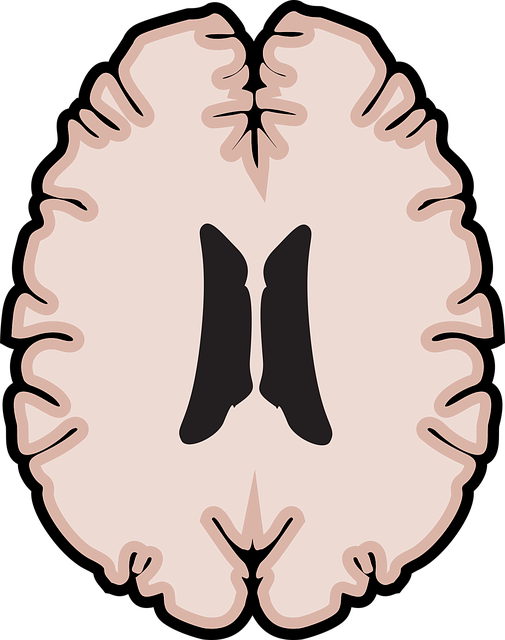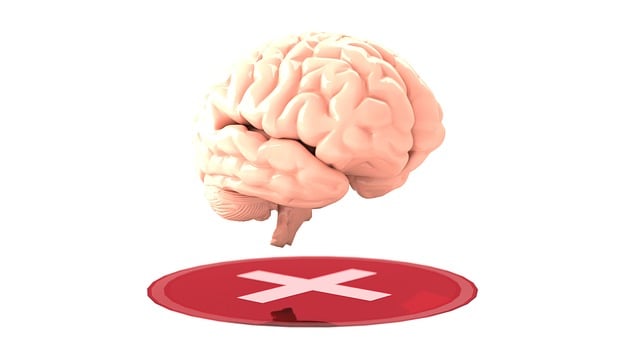Adolescent mental health is a vital yet often overlooked aspect of overall wellness. Teenagers face significant physical, emotional, and cognitive changes that can lead to issues like depression, anxiety, and suicidal ideation. Early recognition and self-care are crucial for their future well-being. Christian counseling offers a unique approach by integrating faith and spiritual practices into therapy, providing a safe space for teens to address struggles while aligning with their spiritual values. Combining traditional therapy with self-care routines enables teens to manage stress, anxiety, and low self-esteem effectively, contributing to a holistic approach in mental health care. This method fosters emotional healing, reduces stigma around mental illness, and is particularly important during identity formation years.
“Navigating the complex landscape of adolescent mental health requires a proactive approach, especially when integrating self-care practices. This article explores the critical need for self-care among teens, highlighting the unique benefits of Christian counseling in fostering teen wellness. We delve into actionable strategies for creating personalized self-care routines tailored to individual needs. Additionally, we offer practical tips on seamlessly integrating therapy into daily life, ensuring sustained mental wellness for adolescent teens.”
- Understanding Adolescent Mental Health and the Need for Self-Care
- The Role of Christian Counseling in Teen Wellness
- Building a Personalized Self-Care Routine for Teens
- Integrating Therapy into Daily Life: Tips for Sustaining Mental Wellness
Understanding Adolescent Mental Health and the Need for Self-Care

Adolescent mental health is a critical aspect that often goes overlooked within the broader spectrum of wellness. During adolescence, individuals undergo significant physical, emotional, and cognitive changes, which can make them vulnerable to various mental health challenges. Issues such as depression, anxiety, stress, and even suicidal ideation are not uncommon in this age group. Recognizing these challenges early on is paramount to ensuring a healthy future for teens.
In today’s fast-paced world, self-care becomes an indispensable tool for adolescent wellness. It empowers teens to develop coping skills, fostering resilience against mental health issues. Christian counseling offers a unique perspective by integrating faith and spiritual practices into therapy, providing a supportive environment for adolescents to navigate their struggles. By combining traditional therapy with self-care routines, we can enable teens to not only manage but also thrive, ultimately contributing to a more holistic approach in addressing adolescent mental health concerns, including anxiety relief and the development of effective coping skills.
The Role of Christian Counseling in Teen Wellness

Christian counseling offers a unique and beneficial approach to mental wellness for teenaged individuals. This form of therapy provides a safe and supportive environment where adolescents can explore their emotions, beliefs, and behaviors in line with their spiritual values. Many teens struggle with issues such as anxiety, depression, and low self-esteem, which can be effectively addressed through Christian counseling. Therapists who incorporate faith-based practices into their sessions allow clients to connect their mental health journeys with their spiritual growth, fostering a holistic healing process.
By combining traditional therapeutic techniques with the principles of Christianity, this type of counseling helps teens navigate their challenges while maintaining a strong sense of faith and purpose. It encourages emotional healing processes by addressing underlying issues and promoting positive coping strategies. Moreover, it contributes to mental illness stigma reduction efforts by creating a non-judgmental space where adolescents can openly discuss their struggles without fear of discrimination or shame. This supportive framework is particularly crucial during the formative years when teens are navigating identity and self-discovery.
Building a Personalized Self-Care Routine for Teens

For teens, establishing a personalized self-care routine is an essential step towards navigating life’s challenges with resilience and mental wellness. This journey often begins with understanding one’s unique needs and interests. Teenagers facing common issues such as stress, anxiety, or low self-esteem can greatly benefit from incorporating tailored practices into their daily lives. A customized routine might include activities like journaling to express emotions, engaging in physical exercise to release pent-up energy, or practicing mindfulness meditation for mental clarity.
Christian counseling offers a unique perspective on this process by encouraging teens to align their self-care with spiritual values and beliefs. This could involve quiet time for prayer or Bible study, which fosters inner peace and strengthens one’s connection to a higher power. With the guidance of professional Christian counselors, adolescents can develop holistic self-care routines that integrate activities promoting mental wellness, such as therapy sessions, mindfulness meditation practices, and programs focused on self-esteem improvement.
Integrating Therapy into Daily Life: Tips for Sustaining Mental Wellness

Integrating therapy into daily life is a powerful step towards sustaining mental wellness for adolescent teens. Christian counseling offers a unique approach, combining spiritual guidance with evidence-based practices to address emotional and psychological needs. For teens seeking support, incorporating regular therapy sessions into their routine can be transformative. It allows them to develop coping skills, fostering resilience and self-awareness.
Therapy provides a safe space for expression and exploration, encouraging open dialogue and reflection. Through Christian counseling, teens gain valuable insights, learning mind over matter principles that empower them to manage stress, anxiety, and emotional challenges. This holistic approach not only addresses symptoms but also promotes long-term mental health by integrating faith-based perspectives with evidence-based coping strategies, contributing to a comprehensive mental health policy analysis and advocacy for younger individuals.
In fostering mental wellness among adolescent teens, integrating therapy through Christian counseling alongside a personalized self-care routine is paramount. This comprehensive approach addresses the unique needs of teens, promoting resilience and overall well-being. By understanding the importance of self-care and seeking professional guidance, teens can navigate life’s challenges with greater ease and confidence. The strategies outlined in this article provide a solid foundation for adolescents to thrive, emphasizing the enduring benefits of therapy and tailored routines for sustainable mental health.














